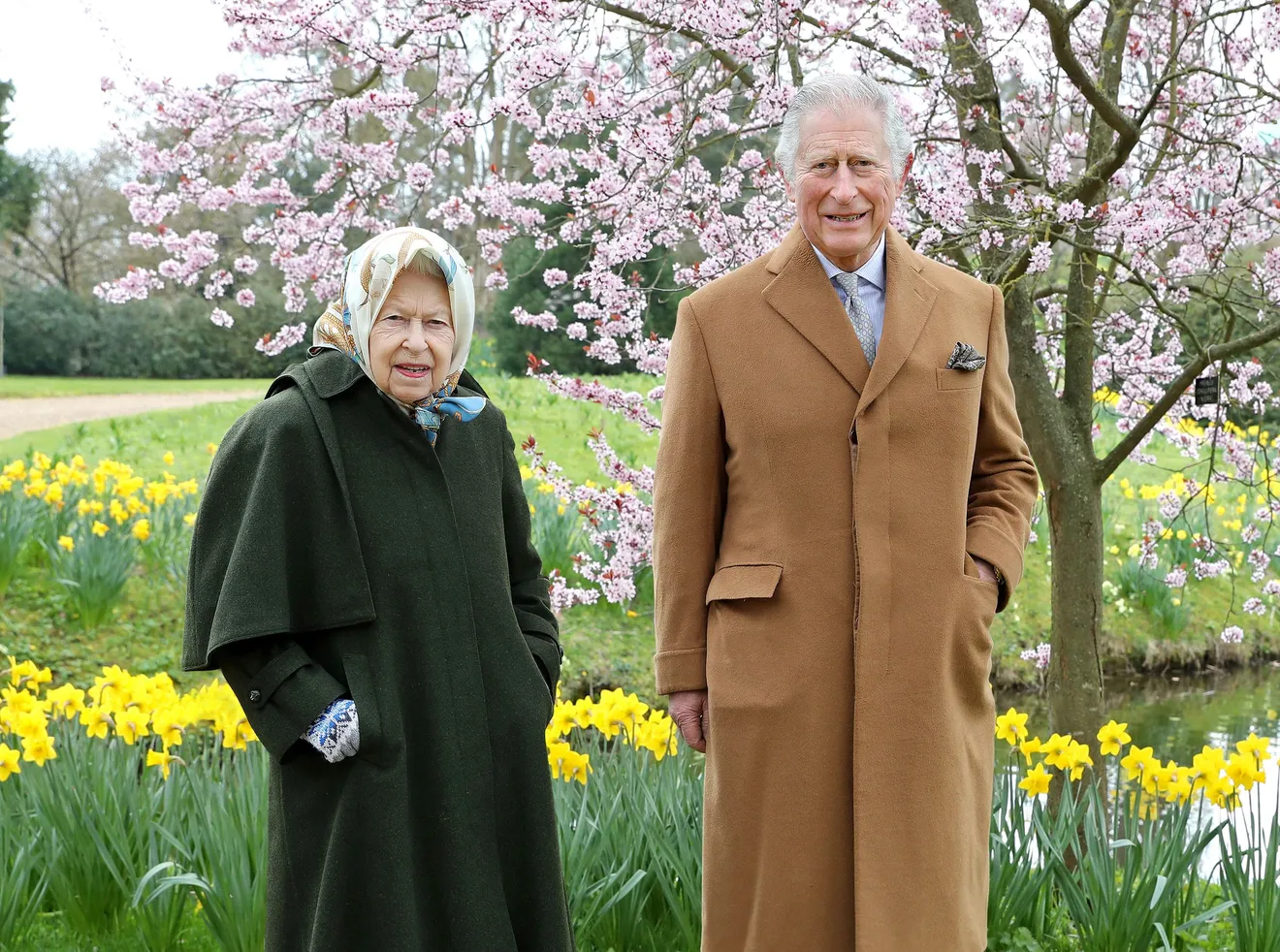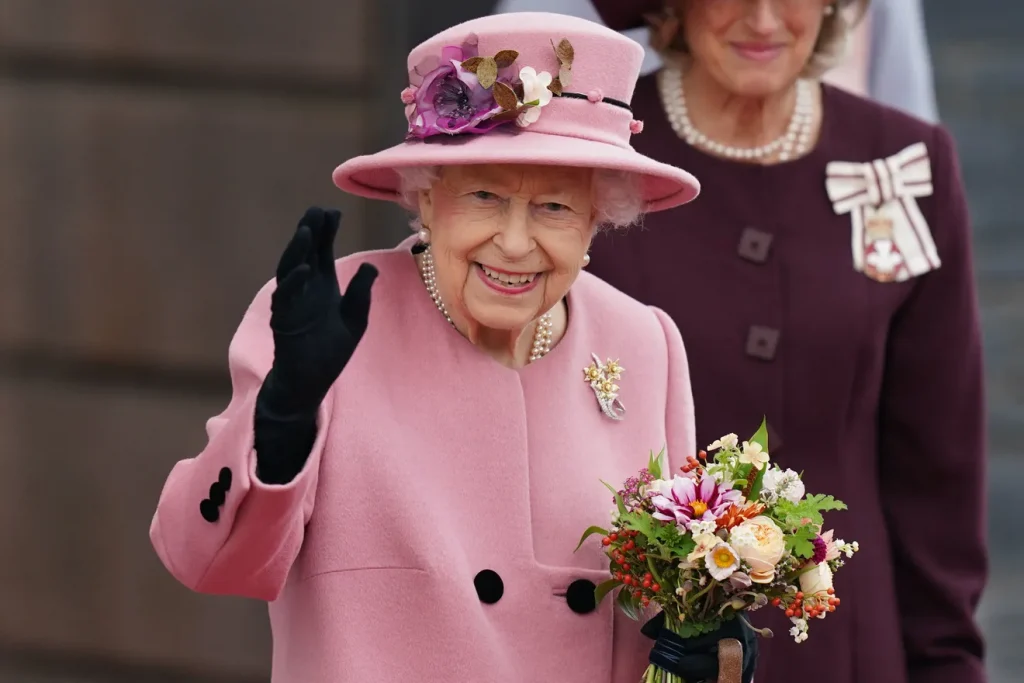More News
Prince Charles Becomes Britain’s new king, calls late Queen Elizabeth ‘a cherished sovereign’

The longest-ever reign of Queen Elizabeth II, the only monarch most of her subjects have ever known, is over. Elizabeth Alexandra Mary Windsor died Thursday at Balmoral Castle, her estate in Scotland. She was 96.
“The queen is dead, long live the king!” Bells will toll and gun salutes will soon be firing throughout the United Kingdom as broadcasters, proclaiming heralds and Twitter mark the passing of one sovereign and the ascension of the new one.
Her eldest son and heir, Prince Charles, Prince of Wales, 73, immediately became king upon her death.
As the 41st monarch since William the Conqueror in 1066, Elizabeth was the symbol of stability as Britain and its 1,000-year-old monarchy sailed through roiling storms of the modern age, including a deadly pandemic.

Elizabeth enjoyed robust health most of her life, but lingering “mobility issues” affected her in recent months. She increasingly handed over duties to Charles, from the recreational to the constitutional. Last week, she couldn’t attend the annual Highland Games, the Braemar Gathering, which she never missed throughout her reign.
On Tuesday she presided over the transition of one prime minister to a new one, a constitutional duty as head of state which took place at Balmoral for the first time in her reign.
But on Wednesday, the palace announced she would not be able to attend via Zoom the meeting of the Privy Council, the standing committee of senior governmental advisers, after doctors’ orders to rest. New Prime Minister Liz Truss would have taken the oath of office and new Cabinet ministers would have been sworn in then. The meeting was postponed.
She also missed significant appearances in June during the four days of celebration of her Platinum Jubilee of 70 years on the throne.
She intended to appear at the annual Remembrance Day ceremony, honoring British war dead, on Nov. 14, but she canceled that morning, citing a back injury. In October, she spent a night in the hospital for “preliminary investigations” that Buckingham Palace did not explain and then canceled all engagements for several weeks, including planned visits to Northern Ireland and Scotland.
READ ALSO:
In February, two weeks after marking the 70 anniversary of her ascension to the throne in 1952, the palace announced she had tested positive for COVID-19. During an audience in mid-February, the queen mentioned to her visitors that she had difficulty “moving,” leading to “ongoing mobility” issues, as Buckingham Palace put it, that prevented some appearances, including the State Opening of Parliament on May 10.
She had missed this important head-of-state role only twice before during her reign, both for pregnancies, but for the first time she officially delegated Charles, to stand in for her, accompanied by his elder son, Prince William.
Britain’s new king, Charles III, said Thursday that Queen Elizabeth II was a “cherished sovereign and a much-loved mother” who would be missed around the world.
Charles, 73, ascended the throne following his mother’s 70-year reign.
“The death of my beloved mother, her majesty the queen, is a moment of the greatest sadness for me and all members of my family,” he said in a statement issued by Buckingham Palace.
“We mourn profoundly the passing of a cherished sovereign and a much-loved mother. I know her loss will be deeply felt throughout the country, the realms and the Commonwealth, and by countless people around the world,” he said.
“During this period of mourning and change, my family and I will be comforted and sustained by our knowledge of the respect and deep affection in which the queen was so widely held.”
Send Us A Press Statement Advertise With Us Contact Us
And For More Nigerian News Visit GWG.NG


